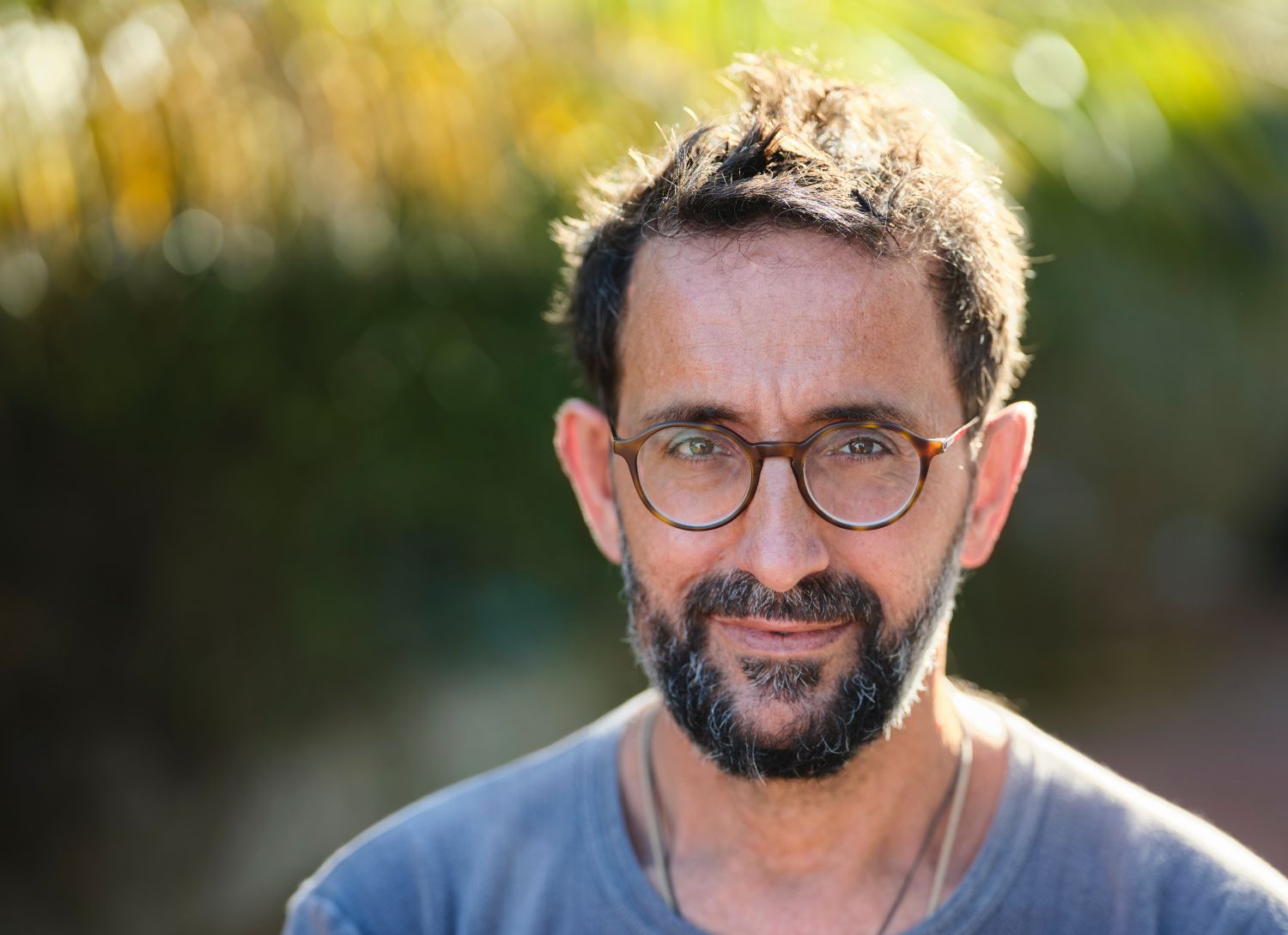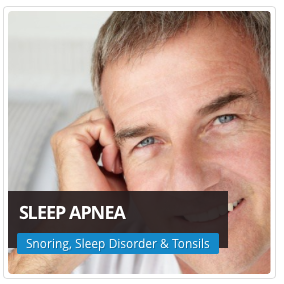Sleep apnea is a potentially severe sleep disorder in which a person’s breathing repeatedly stops and starts throughout the night. You may have sleep apnea disorder if you snore loudly, and you feel tired and experience exhaustion related anxiety even after a full night’s sleep. Dr. Monica Taros specializes in treating sleep apnea for her patients in NYC & NJ.
There are a few distinct forms of this condition. The main types of sleep apnea include:
- Obstructive sleep apnea, traditionally the most common form that occurs when throat muscles relax.
- Central sleep apnea, which occurs when your brain doesn’t send the proper signals to the muscles which control breathing.
- Complex sleep apnea syndrome, also known as treatment-emergent central sleep apnea, occurs when someone has both obstructive sleep apnea and central sleep apnea.
There are multiple signs which would imply this ailment. Symptoms of obstructive and central sleep apneas have a tendency to overlap, oftentimes making the brand of sleep apnea more difficult to identify. Marks and indicators that you may be living with obstructive or central sleep apneas are:
- Loud snoring, which is usually more prominent in obstructive sleep apnea
- Episodes of breathing cessation during sleep witnessed by another person
- Abrupt awakenings accompanied by shortness of breath, which more likely indicates central sleep apnea
- Awakening with a dry mouth or sore throat
- Morning headache
- Difficulty staying asleep (insomnia)
- Excessive daytime sleepiness (hypersomnia)
- Attention problems
- Irritability
Causes of obstructive sleep apnea
Obstructive sleep apnea occurs when the muscles in the back of your throat relax. These muscles support the soft palate, the triangular piece of tissue hanging from the soft palate (uvula), the tonsils, the side walls of the throat and the tongue.
When the muscles relax, your airway narrows or closes as you breathe in, and you can’t get an adequate breath in. This may lower the level of oxygen in your blood.
Your brain senses this inability to inhale and exhale. This briefly awakens you from sleep so that you can instinctively reopen your airway. This emergent is typically so fleeting that you don’t notice or even remember the following morning.
Snorting, choking or a gasping sound is also a characteristic. This configuration may repeat five to 30 times each hour, throughout the nocturnal period. These disruptions impair a person’s ability to reach the desired deep, restful phases of sleep, and you’ll probably feel sleepy during your waking hours which will affect other areas throughout your life.
Many people in NYC & NJ with obstructive sleep apnea may not be aware that their sleep was interrupted. In fact, some people with this type of sleep apnea may even think they sleep well all night and do not understand their sluggish feelings, mentality or behavior.
Causes of central sleep apnea
Central sleep apnea is a rare circumstance of sleep apnea, occurring when an individual’s brain fails to transmit motions to their breathing muscles. No effort to breathe for a short period of time is made. Individuals may arouse with shortness of breath or have a problematic time when they attempt to go to sleep or stay asleep.
Diagnosing sleep apnea
Diagnosis of sleep apnea is confirmed by an overnight sleep study known as a polysomnogram (PSG) when it is in a sleep lab or a Home Sleep Study (HST) if conducted at home. For patients suspected of having obstructive sleep apnea, a PSG assesses sleep, breathing, oxygen levels and determines the type and severity of sleep apnea as well as any other sleep problems, if they are present. Sleep studies are important because they help determine the type of sleep condition a patient may have and that may change the type of treatment that is needed. A positive study is usually followed by a CPAP titration study. Sleep apnea is usually a life-long and chronic medical condition. If left untreated, it can cause disability in addition to decreased quality of life. Patients with sleep apnea can benefit greatly from having their condition managed by a sleep specialists, who specialize in the diagnosis and treatment of patients with sleep apnea and other sleep disorders.
What is CPAP?
One of the most common treatments for adults with obstructive sleep apnea (OSA) is continuous positive airway pressure (CPAP). CPAP reverses the complete blockages or narrowing of the upper airway that occur during sleep in individuals who have sleep apnea. To keep the airway open, CPAP uses small amounts of air pressure and is almost always successful, when tolerated and used appropriately, to treat OSA.
To learn more about the available treatment options of sleep apnea in NYC & NJ, please contact Dr. Monica Taros to schedule your no-obligation consultation today.



